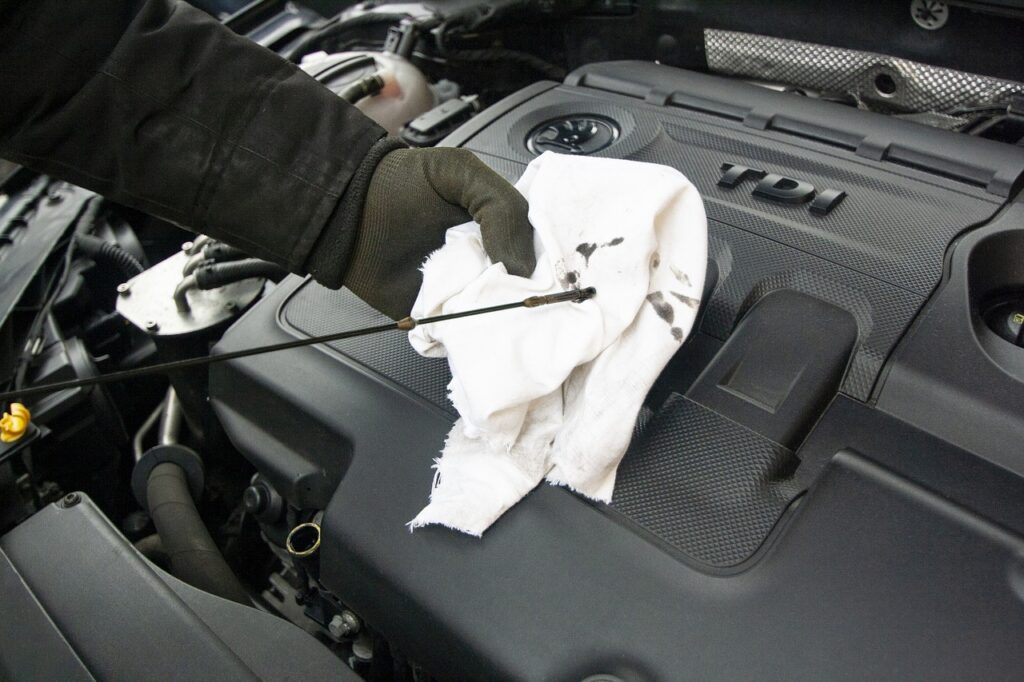Maintaining the health of your vehicle is essential for its longevity and optimal performance. One crucial aspect of vehicle maintenance is regularly changing the oil. However, many drivers are either unaware of this necessity or neglect oil changes, potentially leading to costly repairs. In this article, we will highlight why changing your vehicle's oil is crucial and provide some helpful guidelines to ensure your car stays in top shape.

The Role of Engine Oil:
Engine oil serves as the lifeblood of your vehicle's engine, performing several critical functions. Firstly, it lubricates the various moving parts within the engine, reducing friction and preventing wear and tear. Additionally, engine oil also helps in cooling the engine by carrying away excess heat generated during operation. Lastly, it helps to keep the engine clean by preventing the buildup of sludge and debris that can hinder performance.
Why Regular Oil Changes Matter:
1. Lubrication and Friction Reduction: Over time, engine oil breaks down and loses its viscosity, becoming less effective at lubricating the engine's components. As a result, increased friction can occur, leading to excess wear and damage. Regularly changing the oil ensures that the engine runs smoothly, minimizing friction and maintaining optimal performance.
2. Preventing Engine Overheating: As engine oil ages, it loses its ability to carry heat away effectively. This inadequacy can cause the engine to overheat, potentially leading to severe damage. By changing the oil regularly, you ensure that the engine remains adequately cooled, reducing the risk of overheating.
3. Efficient Contaminant Removal: Engine oil accumulates contaminants such as dirt, metal particles, and combustion byproducts over time. These impurities can create sludge, clog oil passages, and reduce the overall efficiency of the engine. Regular oil changes help remove these harmful contaminants, preventing them from causing internal engine damage.
When to Change Your Oil:
The frequency at which you should change your vehicle's oil depends on various factors, including the make and model, driving conditions, and oil type. As a general guideline, it is advisable to change your oil every 3,000 to 5,000 miles or every three to six months, whichever comes first. However, it is essential to consult your vehicle's owner manual or follow the manufacturer's recommended service intervals for more accurate guidance.
Conclusion:
Regularly changing the oil in your vehicle is a fundamental aspect of proper maintenance. By ensuring that your engine receives clean and adequately lubricated oil, you can prevent unnecessary wear and damage, optimize performance, and extend the longevity of your vehicle. Remember to follow the manufacturer's guidelines and consult a professional if you have any doubts. Taking care of your vehicle's oil will ultimately result in a smoother ride and potentially save you from costly repairs down the road.